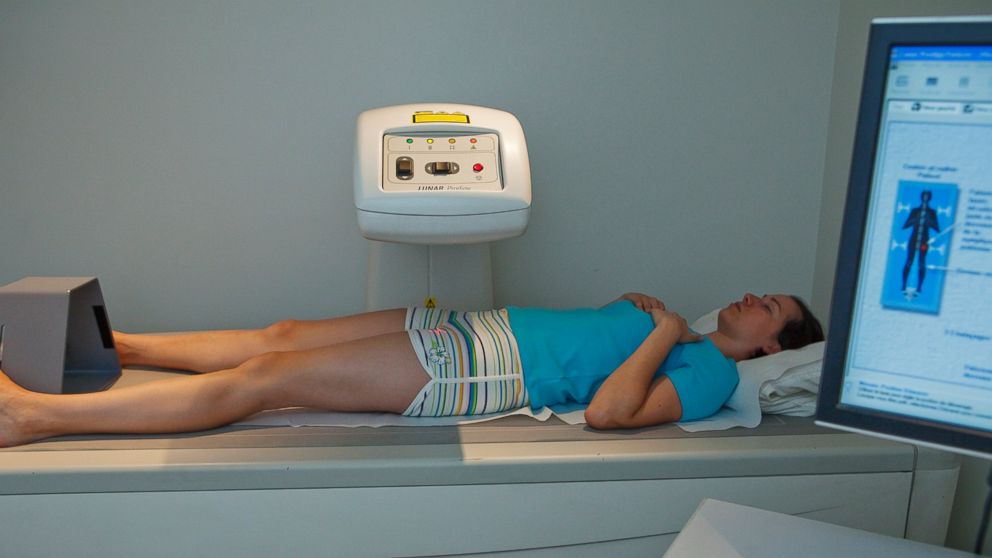10 Things Every Woman Should Know About Maintaining Healthy Bones
Keep these tips in mind to have strong bones.

— -- When it comes to protecting your body's 206 bones, it's never too early to start, says Abby Abelson, MD, chair of the department of rheumatic and immunologic diseases at the Cleveland Clinic. "Many women don't even think about their bones until they reach perimenopause," she explains. "But there's plenty women can do in their 30s and 40s." And that's key because, as we get older, we become particularly vulnerable to problems like osteoperosis and stress fractures, thanks in part to changing hormones. Here's what you can do now to make sure your skeleton stays sturdy for decades to come.
Know what's inside your bones
Periosteum:The dense outer membrane plays a role in bone repair and rebuilding.
Trabecular bone: This spongy tissue has a honeycomb-like structure and is typically filled with marrow and blood vessels.
Bone marrow: This soft and delicate tissue fills the cavities inside bones. It contains stem cells that give rise to the formation of red blood cells, platelets, and certain types of white blood cells.
This hard layer protects the more fragile tissue inside. It's made primarily of collagen and calcium and includes bone-making cells known as osteocytes.
You're always making new bones
By the time you're 22, you've developed up to 90 percent of your bone mass. Your body is still adding the stuff until about age 30, "just at a slower rate," explains Dr. Abelson. Then you maintain an even bone mass until you reach menopause. But after that, estrogen levels drop and old bone is taken away faster than new bone is built. (Experts aren't entirely sure how estrogen helps maintain bone density, but research suggests it inhibits an enzyme that initiates the death of bone-forming cells.) That's why postmenopausal women are more susceptible to osteopenia (or bone thinning, the early stage of osteoperosis) and why it's so important to commit to healthy bone habits, such as getting enough exercise.
14 Surprising Facts About Healthy Bones
Hold off on that scan
Even though groups like the National Osteoperosis Foundation (NOF) don't recommend a routine bone density test for women until age 65, many docs start screening women when they reach menopause, suggests a 2015 UC Davis study. And screening low-risk women in their 50s is not a good thing, says study senior author Joshua J. Fenton, MD, associate professor of family and community medicine at the UC Davis School of Medicine: "If their scan shows low bone density anywhere, they can be given prescription drugs with potentially serious side effects." Women who should get screened before age 65 include those who have a family history, who've had certain types of fractures, or who are taking drugs known to thin bones (such as steroids).
You might need supplements
Noon: Squeeze in an energizing plyometrics workout. Moves that involve jumping may significantly improve hip bone mineral density in premenopausal women, suggests a Brigham Young University study.
3 P.M.: Have a handful of prunes. They boast vitamin K, a nutrient that promotes bone health. The famous Nurses' Health Study linked getting sufficient K to a lower risk of hip fractures.
7:30 P.M.: Cook some salmon, and serve with a salad drizzled with olive oil. Salmon is rich in vitamin D, and research shows that oleuropein, a compound in virgin olive oil, may help prevent bone loss.
10 P.M.: Hit the sack. Chronic lack of sleep may slow down new bone formation without reducing the bone breakdown process, according to a 2012 Medical College of Wisconsin study.
This article originally appeared on Health.com.




